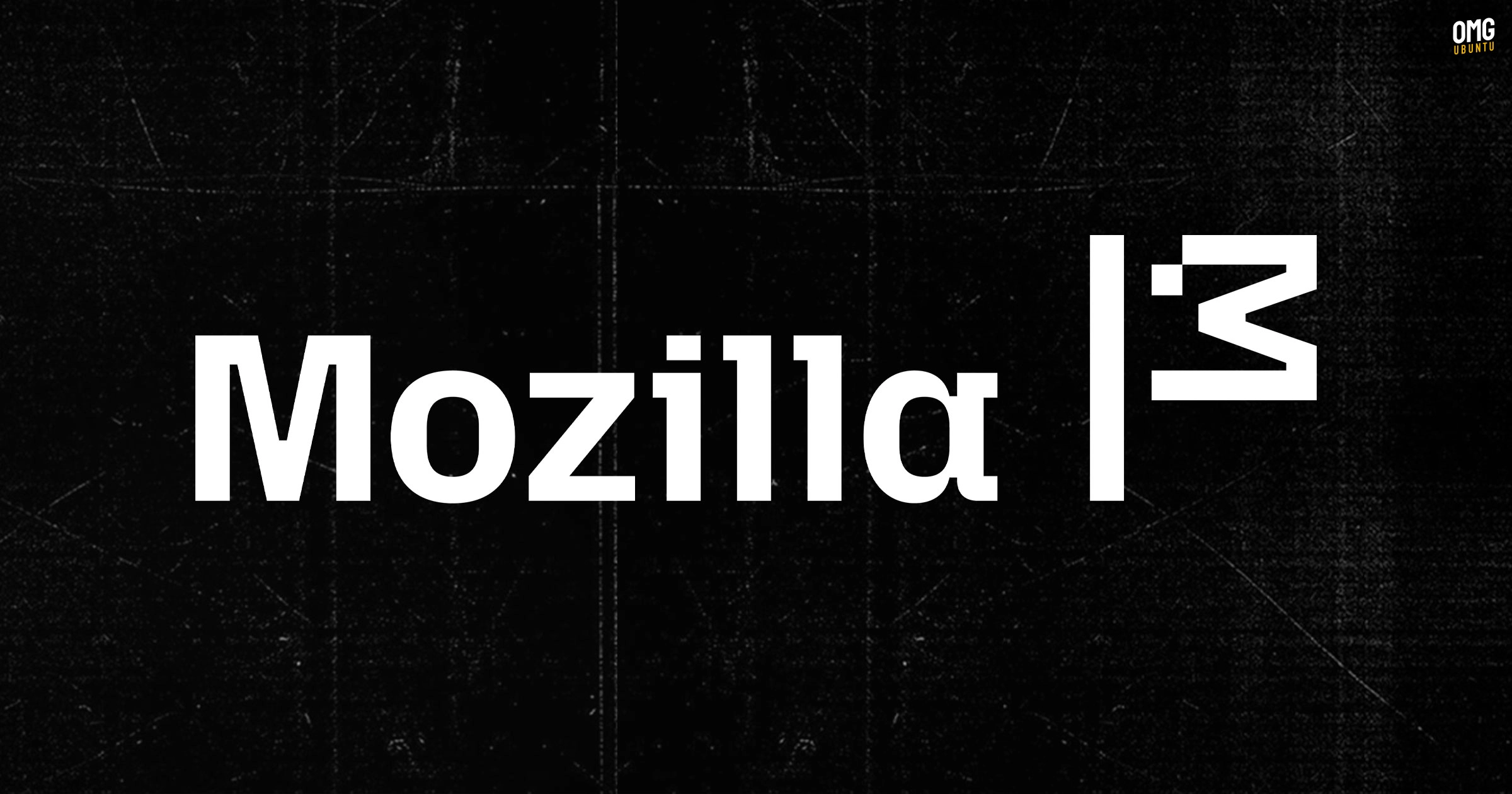U.S. District Judge Amit Mehta has ruled that Google can continue paying companies like Mozilla to be the default search engine within browsers. This decision is part of the ongoing antitrust case United States v. Google LLC, which found that Google has maintained an illegal monopoly in search, though this ruling does not require Google to divest its Chrome browser or Android operating system.
While Google can no longer enter into exclusive contracts that restrict competition, it is allowed to compensate companies for placement and preloading its products. The ruling comes with an order for Google to increase transparency by sharing more search data with its competitors.
For Mozilla, this ruling is a significant relief. The revenue generated from its search deal with Google accounts for over 85% of its annual income. During the case, Mozilla emphasized that eliminating Google’s payments could jeopardize its operations and negatively affect market competition.
The decision highlights the nuance in antitrust laws, emphasizing that cutting off Google’s payments could severely affect not just Mozilla but other smaller distributors as well. Judge Mehta noted that such a cutoff "almost certainly will impose substantial — in some cases, crippling — downstream harms."
As the Google antitrust case progresses—one of the most significant challenges faced by a tech giant in years—there remains the potential for an appeal by the U.S. Department of Justice. For the moment, Google’s stock, Alphabet, saw an 8% rise following the ruling, while Mozilla is now able to approach future funding for Firefox with greater confidence, especially with its current contract set to expire at the end of 2026. This outcome provides some reassurance in light of the search deal, although Mozilla will still need to devise strategies to reduce its reliance on Google revenue going forward.
